- Islamabad
- 23.8°C
- Today ( Sunday, 20 April 2025)
Modi's India: Heaven for religious intolerance
Religious intolerance in India under the Modi government has been a topic of concern and debate both domestically and internationally. The rise in incidents of religious discrimination, violence, and hate speech targeting minority communities has raised serious questions about the state of religious freedom and communal harmony in the country.
One of the most significant issues contributing to religious intolerance is the proliferation of hate speech and divisive rhetoric by some political leaders and extremist groups. Such inflammatory language often targets religious minorities, particularly Muslims and Christians, leading to heightened tensions and acts of violence in various parts of the country.
Furthermore, the implementation of controversial policies and legislative measures, such as the Citizenship Amendment Act (CAA) and the National Register of Citizens (NRC), has exacerbated religious tensions and marginalized vulnerable communities. Critics argue that these policies discriminate against Muslims and undermine India's secular fabric, thereby fueling religious polarization and intolerance.
Moreover, incidents of mob lynching and violence perpetrated in the name of cow protection have further strained interreligious relations and deepened communal divides. The failure of law enforcement agencies to swiftly and effectively address such acts of violence has only emboldened perpetrators and perpetuated a culture of impunity.
Additionally, there have been concerns about the erosion of institutional safeguards and the weakening of democratic principles under the current government. The targeting of activists, journalists, and dissenting voices critical of the government's policies has raised alarm bells about the state of civil liberties and the right to freedom of expression in India.
In light of these developments, it is imperative for the Indian government to reaffirm its commitment to upholding the principles of secularism, pluralism, and religious tolerance enshrined in the country's constitution. Concrete steps must be taken to address the root causes of religious intolerance, promote interreligious dialogue and understanding, and hold perpetrators of violence and hate speech accountable.
Furthermore, fostering an inclusive and egalitarian society requires genuine efforts to address socio-economic disparities, empower marginalized communities, and promote a culture of mutual respect and coexistence. Only through such concerted efforts can India realize its potential as a diverse and pluralistic nation where every individual, regardless of their religion or background, feels safe, respected, and valued.
-
Zimbabwe captain Sikandar Raza and Ireland players Curtis Campher and Josh Little faced fines following an on-field altercation during the first T20I. Raza was charged for aggressively approaching Campher and Little, with the Ireland pacer charged for making physical contac...
-
News: Pakistan women secured a landmark T20I series victory over New Zealand with a 2-1 margin, marked by a final-game triumph in Queenstown. This achievement, the first-ever Women's T20I series win against the White Ferns, represents a significant milestone for Nida Da...
Get Newsletter
Subscribe to our newsletter to get latest news, popular news and exclusive updates.


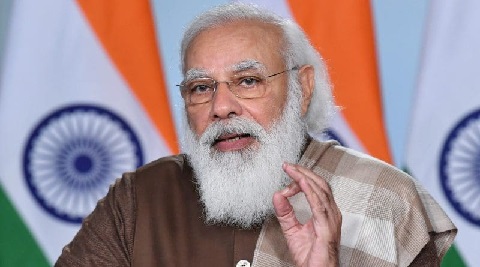


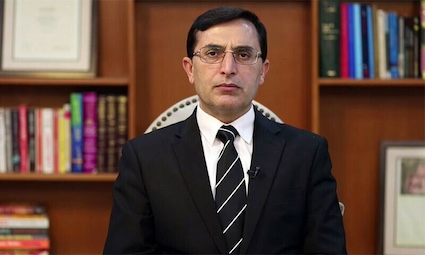

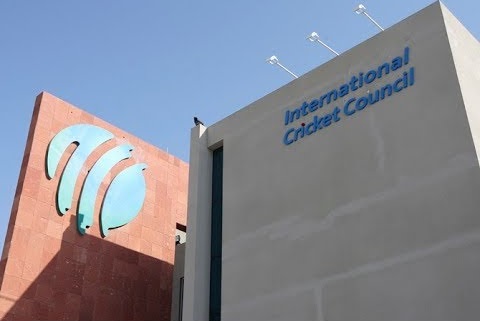
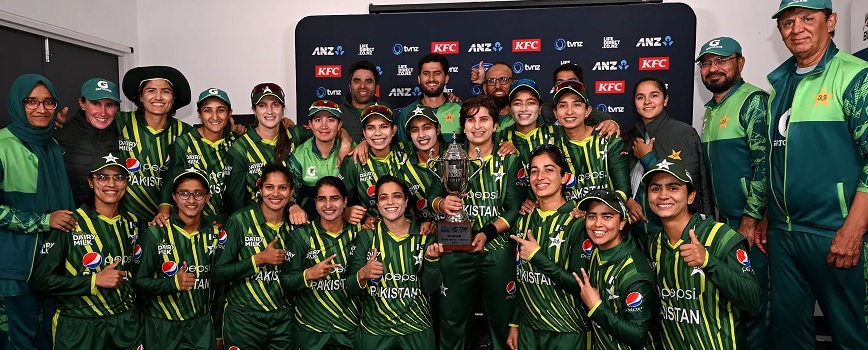

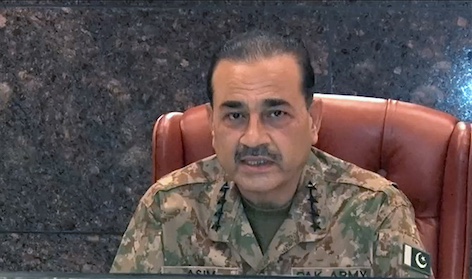
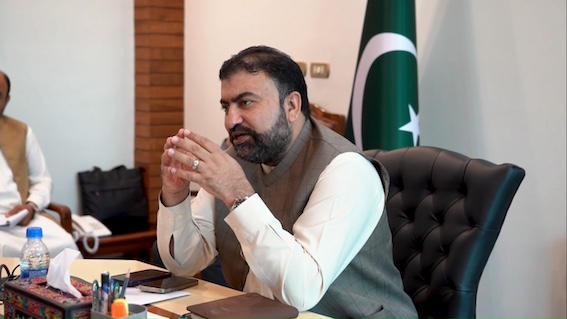



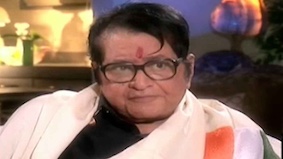








Facebook Comments